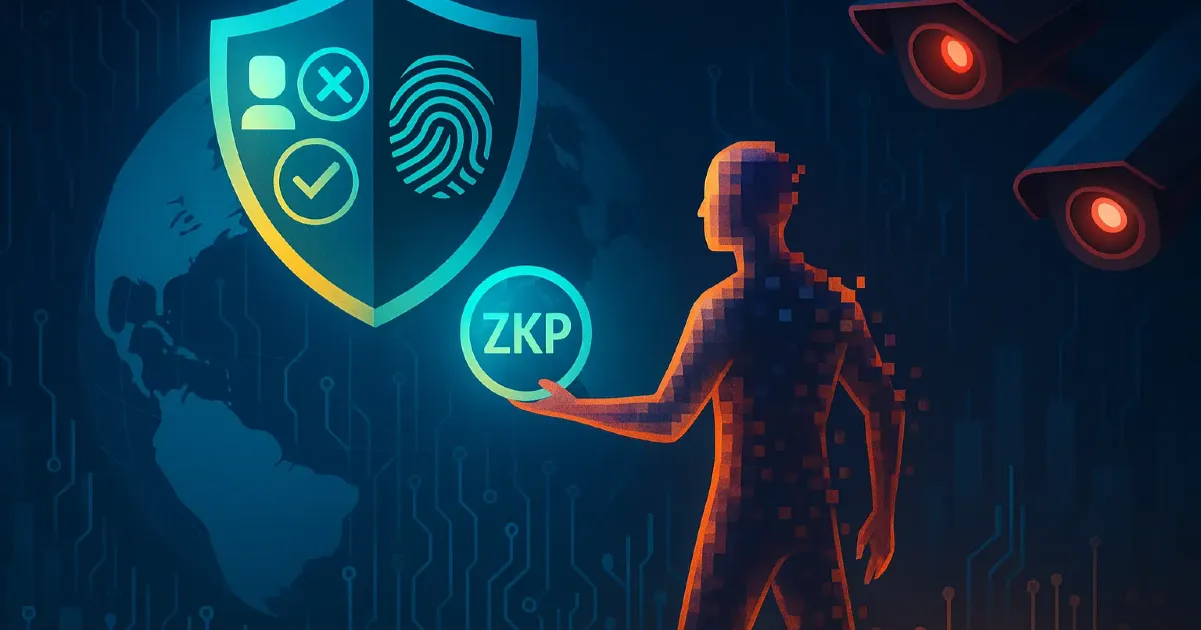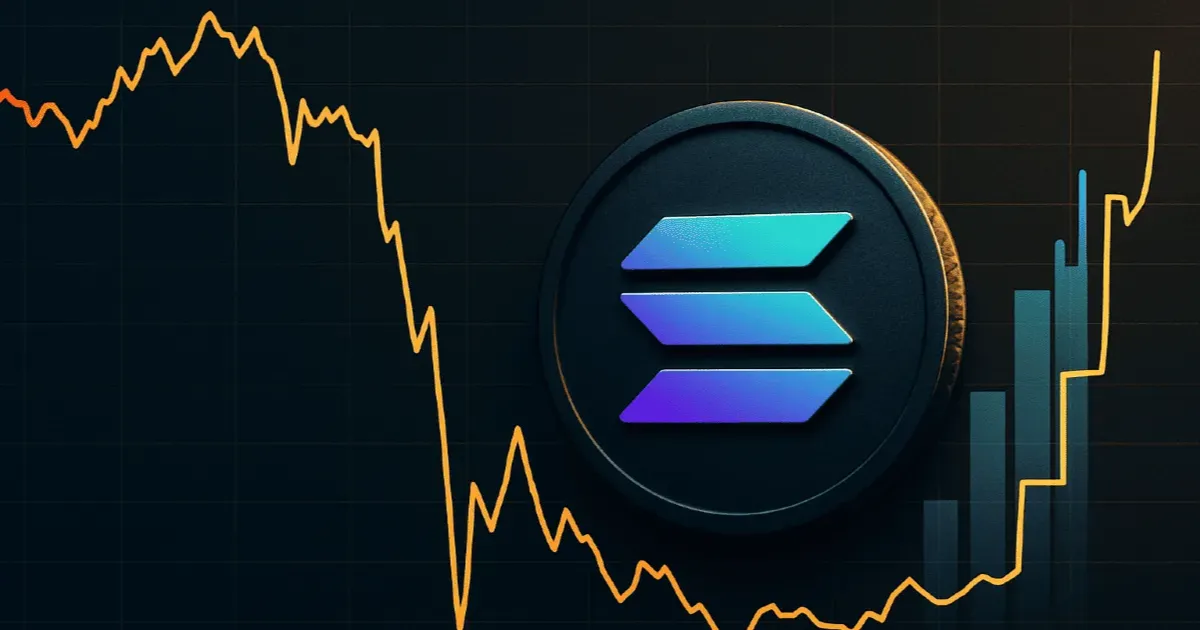Treasury considers embedding ID in DeFi; critics say privacy’s at risk.
Critics are reacting strongly to the U.S. Treasury’s proposal to bake identity verification into DeFi smart contracts. For many, it feels like stepping into someone’s living room without knocking, something that inevitably pushes back against the promise of permissionless finance.
A Bold New Path for Compliance
Under the GENIUS Act, the Treasury is collecting public feedback on new tools to fight money laundering and illicit finance. One idea that’s stirring controversy is requiring DeFi platforms to verify users through government IDs, biometrics, or digital wallet credentials before transactions are allowed to proceed. The stated aim? Streamlining anti-money laundering and Know Your Customer checks at the protocol level, not just within centralized exchanges.
Privacy or Surveillance?
Supporters suggest these checks could usher in a safer era for DeFi automated compliance that cuts crime. Fraser Mitchell from SmartSearch, which provides AML tools, believes it could “unmask the anonymous transactions that make these networks so attractive to criminals.” It would bring real-time monitoring and a preemptive edge to suspicious activity.
But critics argue it's a step too far. As Ubuntu Tribe’s CEO Mamadou Kwidjim Toure puts it, embedding ID into protocols is like “putting cameras in every living room.” It changes DeFi’s DNA. Once a wallet is linked to a real identity, every move becomes traceable. That’s not pseudonymity; it’s surveillance, risking censorship, blacklisting, and even automated taxation.
Who Isn’t Being Heard?
Another key concern: exclusion. Hundreds of millions of people worldwide lack formal ID migrants, refugees, and underserved communities. If DeFi transactions require government-sanctioned identity, many users are simply locked out. That undermines DeFi’s fair-leader stance toward financial inclusion.
Alternatives that Don’t Sacrifice Privacy
The debate doesn’t have to be binary. Privacy-preserving solutions like zero-knowledge proofs (ZKPs) or decentralized identity (DID) systems offer alternatives. These technologies let someone prove they're not on a sanctions list or that they're of a certain age without revealing their identity. That means compliance without stripping away the privacy that DeFi was meant to safeguard.
A Future Shared, Not Divided
The Treasury has opened this consultation window until October 17, 2025, and a report to Congress will follow. What unfolds could reshape DeFi’s trajectory, deciding whether it tilts into heavily regulated finance or retains its innovation-forward, open-access roots.




